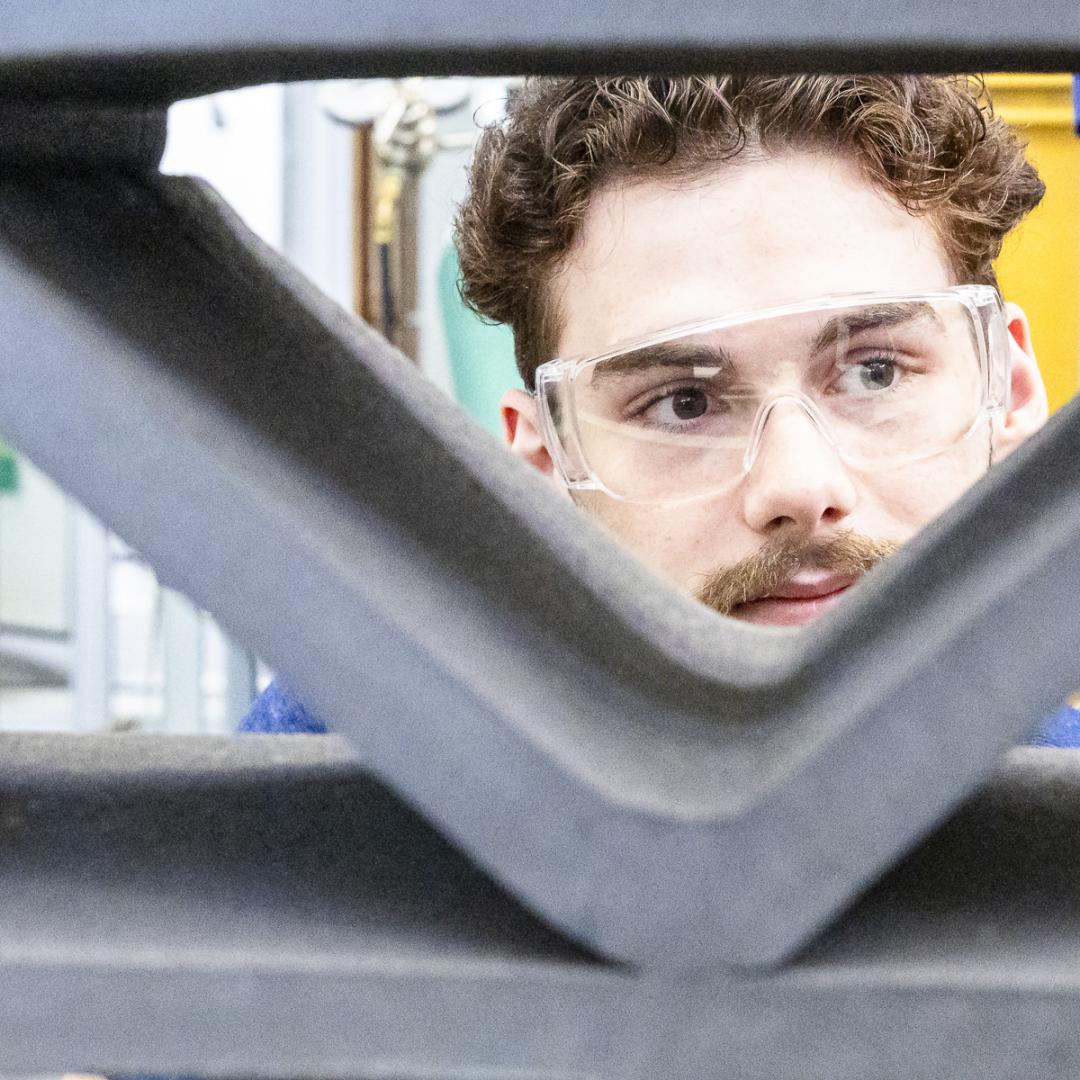Filter News
Area of Research
News Type
News Topics
- (-) Advanced Reactors (7)
- (-) Artificial Intelligence (11)
- 3-D Printing/Advanced Manufacturing (30)
- Big Data (8)
- Bioenergy (21)
- Biology (27)
- Biomedical (12)
- Biotechnology (3)
- Buildings (15)
- Chemical Sciences (20)
- Clean Water (6)
- Climate Change (20)
- Composites (6)
- Computer Science (28)
- Coronavirus (10)
- Critical Materials (2)
- Cybersecurity (12)
- Decarbonization (17)
- Energy Storage (30)
- Environment (50)
- Exascale Computing (5)
- Frontier (5)
- Fusion (15)
- Grid (10)
- High-Performance Computing (20)
- Hydropower (2)
- Irradiation (1)
- Isotopes (15)
- ITER (2)
- Machine Learning (6)
- Materials (40)
- Materials Science (32)
- Mathematics (3)
- Mercury (4)
- Microscopy (18)
- Molten Salt (1)
- Nanotechnology (18)
- National Security (22)
- Net Zero (2)
- Neutron Science (22)
- Nuclear Energy (30)
- Partnerships (5)
- Physics (22)
- Polymers (10)
- Quantum Computing (3)
- Quantum Science (6)
- Security (9)
- Simulation (9)
- Software (1)
- Space Exploration (1)
- Summit (4)
- Sustainable Energy (21)
- Transformational Challenge Reactor (1)
- Transportation (22)
Media Contacts
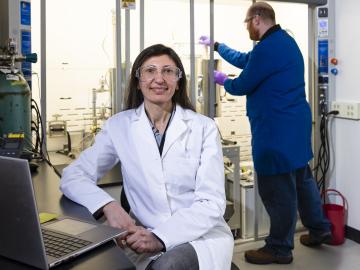
Canan Karakaya, a R&D Staff member in the Chemical Process Scale-Up group at ORNL, was inspired to become a chemical engineer after she experienced a magical transformation that turned ammonia gas into ammonium nitrate, turning a liquid into white flakes gently floating through the air.
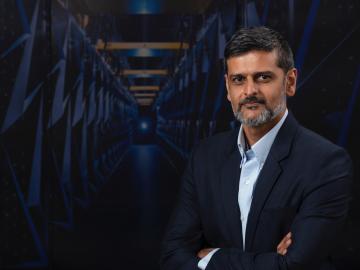
Anuj J. Kapadia, who heads the Advanced Computing Methods for Health Sciences Section at ORNL, has been elected as president of the Southeastern Chapter of the American Association of Physicists in Medicine.
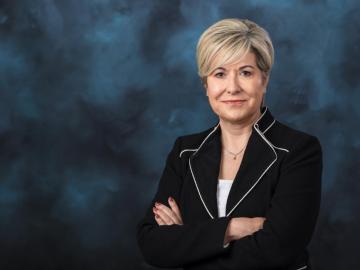
Gina Tourassi, associate laboratory director for computing and computational sciences at the US Department of Energy’s (DOE’s) Oak Ridge National Laboratory, has been named a fellow of the Institute of Electrical and Electronics Engineers, the world’s largest organization for technical professionals.
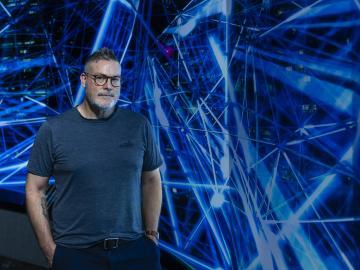

Anne Campbell, a researcher at ORNL, recently won the Young Leaders Professional Development Award from the Minerals, Metals & Materials Society, or TMS, and has been chosen as the first recipient of the Young Leaders International Scholar Program award from TMS and the Korean Institute of Metals and Materials, or KIM.
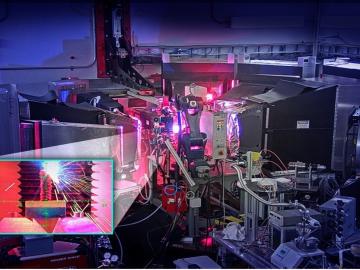
Technologies developed by researchers at ORNL have received six 2023 R&D 100 Awards.

A partnership of ORNL, the Tennessee Department of Economic and Community Development, the Community Reuse Organization of East Tennessee and TVA that aims to attract nuclear energy-related firms to Oak Ridge has been recognized with a state and local economic development award from the Federal Laboratory Consortium.
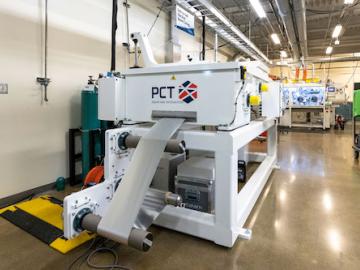
Researchers at the Department of Energy’s Oak Ridge National Laboratory and their technologies have received seven 2022 R&D 100 Awards, plus special recognition for a battery-related green technology product.
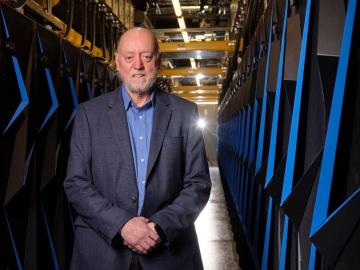
A force within the supercomputing community, Jack Dongarra developed software packages that became standard in the industry, allowing high-performance computers to become increasingly more powerful in recent decades.
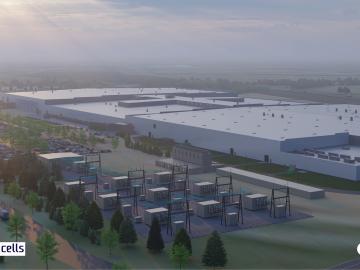
ORNL, TVA and TNECD were recognized by the Federal Laboratory Consortium for their impactful partnership that resulted in a record $2.3 billion investment by Ultium Cells, a General Motors and LG Energy Solution joint venture, to build a battery cell manufacturing plant in Spring Hill, Tennessee.



